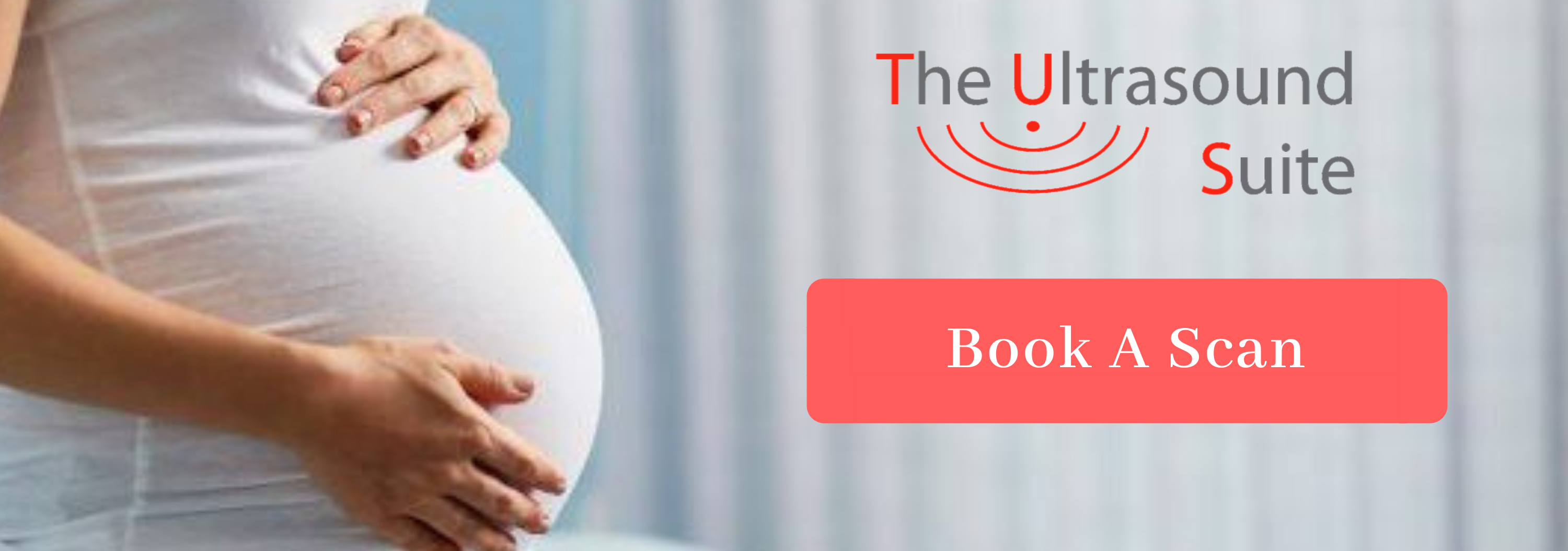Did you know that an egg lives for about 12-24 hours after you ovulate, and sperm can live for five to seven days? This means that there are only a few days in the month when your body is ready to conceive a baby.
Trying for a baby can be an exciting time but can also be frustrating and disappointing too if not all is going according to plan.
Conceiving a baby isn’t always as straightforward as it may sound and some couples will find it easier than others to do so.
Typically, the younger you are the easier and more likely it is that you will get pregnant if you are attempting to conceive. The fertility period of women starts to decline once they reach their 30’s where as men’s fertility period starts to decline once they reach their 40’s.
Getting pregnant can be tricky and there are a few things you should know about when you are trying to conceive a child:
Which days of the month are best for conception?
There are a few days in a month when a woman is most fertile and the chance of conceiving are much higher. This period is known as the fertile window. The fertile window occurs over the days when an ovary releases the egg. This fertile window is best calculated backwards from when your period is due (easier said than done, especially if you have irregular cycles). For example, a typical cycle length is 28 days. If you subtract 14 days from when you expect your period to arrive, you will most likely ovulate on day 14 of your cycle. Some women have longer cycles. For example, if you have a cycle length of 34 days, you will most likely ovulate on day 20 of your cycle.
It is recommended to have sex the day before ovulation. This can enhance the chances of sperm meeting egg. Sperm can survive longer than the egg and there are usually many of them competing in the race to fertilise the egg, but it is all about correct timing.
After about 12-24 hours of ovulation the woman is no longer able to get pregnant as the egg is no longer in the fallopian tube. The chances of getting pregnant outside of these days are very slim so it’s important to time it right.
Track your Ovulation
Since ovulation days are the most fertile days of the month, it is imperative to track these days. Ovulation usually starts 5-16 days before your period. But, in the case of irregular periods, it is harder to monitor ovulation days.
The easiest way of monitoring ovulation days is to track cervical mucus. The cervical mucus gets thinner and also increases before the days of ovulation. The cervical mucus becomes slippery, which helps the sperm to make its way to the egg more effectively. Some studies have also shown that women who track their ovulation are more likely to get pregnant within six months than those that don’t. With period tracking apps and kits to check productive days, it has become a lot easier to monitor and track these days.
Frequent sex during the fertile window
The fertile window consists of 6 days, 1 before ovulation and 5 days of ovulation as well. It is vital to have regular sex when your fertile window is active. Having sex regularly throughout these 6 days will increase your chances of becoming pregnant quite dramatically. Ideally you should be having sex once a day over these 6 days.
Healthy lifestyle
A healthy lifestyle always plays an important role with anything to do with your body and a healthy lifestyle should be maintained throughout your entire pregnancy. Being overweight and trying to conceive can lead to problems. Studies have shown that women who are overweight find it twice as hard to conceive as those who are of a normal weight. Those that are underweight or malnourished will also find it extremely difficult to get pregnant too.
Awareness about fertile age
With increasing age, the fertility of the human body starts to decline. Women are most fertile in their 20’s. Whereas, their fertility starts to decline after their ’30s, and after their ’40s, productivity falls even more rapidly.
Talking about men, fertility declination and sperm quality also decreases after a certain age. In men, fertility falls sharply after the age of 40-45. It’s important to keep this in mind when you’re family planning from an early age.
Less stress, more positivity
Stress always impacts our bodies adversely. Pressure is an enemy if you are trying to conceive. Your body needs to be in equilibrium and feel safe before you take on a “passenger”. If you are trying to conceive fast, then it is vital for you to look after your general well-being and try to reduce things in your life that cause stress. Being more positive and happy will help you for sure. Try to indulge yourself in activities which bring you joy and make you genuinely happy and relaxed. Read books, enjoy good music, take your time doing everyday tasks, try not to rush around, make sure that you are preparing and eating healthy food, quit smoking, reduce your alcohol consumption and start taking a prenatal vitamin that contains folic acid.
Conclusion
Having a baby isn’t always as straightforward as it may seem but if you follow the above tips they may help improve your chances of conceiving. We understand the ups and downs that trying to conceive may bring and it’s important to maintain a strong mindset and a good relationship with your other half. It might not happen right away and that’s okay but it’s important to give it time.
If you feel you are still struggling to conceive we can help you with our follicular tracking scans to check if (and when) you are ovulating. We can measure the lining of your uterus (your endometrium) to ensure that it is thickening up appropriately for conception. We can count the number of follicles you have on your ovaries and determine if you are developing a dominant follicle mid cycle. We can also estimate your exact date of ovulation by bringing you in for a scan pre-ovulation and post ovulation to ensure that ovulation is occurring. We can also rule out cysts, fibroid and polyps which can sometimes interfere with conception. Give us a call as ask to speak with one of our sonographers if you require any further information on the follicular tracking scan that we offer in all our clinics at The Ultrasound Suite.

